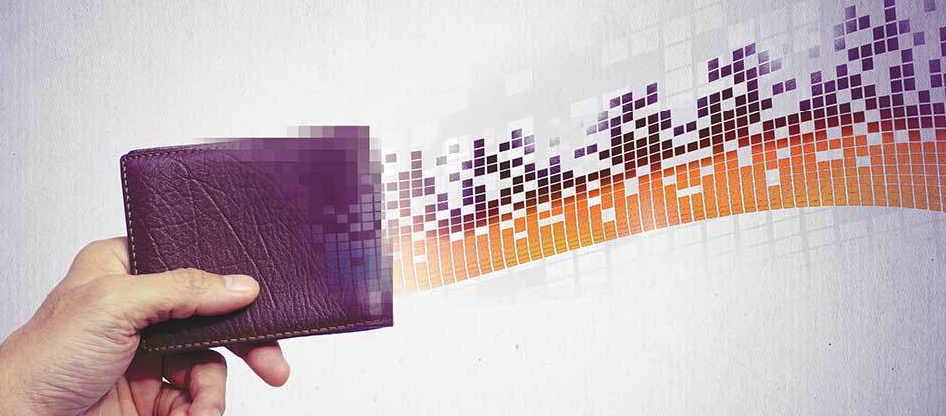Even though the concept of digital money has become more popular in recent years, many people still don’t know what a cryptocurrency wallet is. Even those who use them everyday probably are not familiar with how they work. But if you are interested in Bitcoin and other cryptocurrencies, you will need to have a wallet to ‘store’ them in.
How Do They Work?
These wallets are pieces of software that contain a private key that is specific to you and serves as an identifier. Your private key provides proof of ownership of a public key that has a record of a specific amount of cryptocurrency. Since your public and private keys are stored in the wallet, it allows you to make transactions with blockchains so that you can not only have a record of your digital currency balance but also send and receive currency.
When somebody sends you a certain amount of bitcoin, for instance, it is assigned a public key. For ownership to be successfully transferred, the public key of the currency has to match your private key. If this happens, then the balance of currency in your digital wallet increases and you can now use the bitcoin to pay for purchases and make other financial transactions.
Types of Cryptocurrency Wallets
Wallets can be divided into three general categories depending on where the software is stored – hardware, software, and paper.
Desktop and mobile wallets are downloaded onto a device, which can be a desktop or laptop computer or a mobile device such as a smartphone or tablet. Thus, you can only transact with your wallet on this device.
Desktop wallets are very secure but are also highly vulnerable to hackers, so you have to make sure that your firewalls and other computer security software are constantly updated. Mobile wallets are run on apps so the functionality may be limited compared with desktop wallets.
Online wallets are stored on the cloud, which allows you to make transactions using any device. However, as we have seen in the past, it also makes them vulnerable to theft from hacking attacks.
Hardware wallets are stored on removable devices such as USB drives. To use the wallet, all you have to do is connect the drive to a computer that is connected to the Internet. This type of wallet offers the most security since it is stored offline.
Paper wallets involve printing out your private and public keys in the form of QR codes that can be scanned when you are making a transaction. Thus, this is the safest option as long as you keep the paper where the codes are printed secure.
It should also be noted that there are wallets that can handle multiple cryptocurrencies, so you don’t need to maintain a separate wallet for each currency you want to transact in.
Keeping Your Wallet Secure
If you are planning to use cryptocurrency wallets, it cannot be stressed enough that you have to be very security conscious. Make sure that you always back up your wallet and only store small amounts of digital currency in your device. Majority of your funds should be kept secure by using options such as paper wallets or keeping the wallet in a USB.
Also, you should make your device as secure as possible. Constantly change your passwords and avoid using passwords that are easy to guess. In addition, choose wallets that have enhanced security such as two-factor authentication.




Great article on CCwallets. Definitely did not know the different ways to store your wallet info. I like the USB stick. Seems to make the most sense.